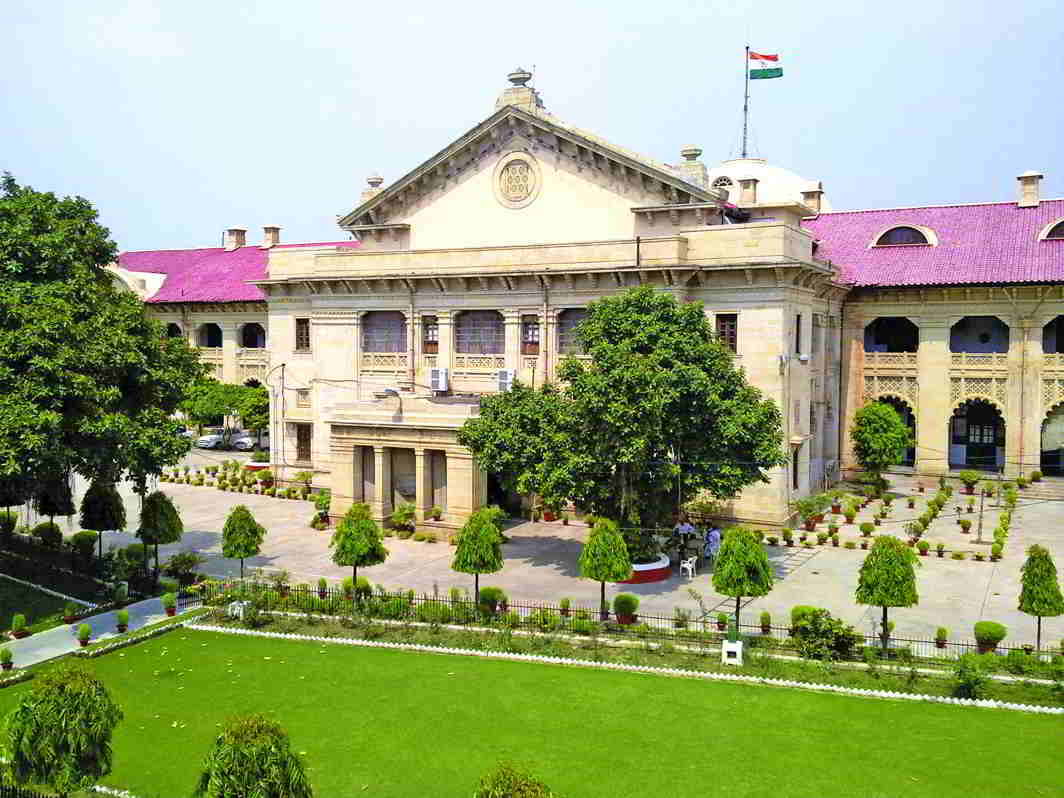Synopsis: In this case, prior her marriage to a Muslim man, a Hindu woman converted to Islam. The couple approached the High Court, stating that family members were harassing them.
The Allahabad High Court recently stressed that no one can interfere with the lives of two adult individuals who have decided to remain together, while directing that police protection be given to a couple who have married across religions, if necessary.
Justice Saral Srivastava rightly reiterated no one has the right to interfere with the peaceful lives of two adults living together.
In this case, prior to marrying her Muslim husband, a Hindu woman had converted to Islam. The petitioners believed that, out of their own free will, they were living together.
The Court was told that the woman had decided to follow the Muslim religion and voluntarily converted herself. The couple approached the High Court, alleging that family members were threatening and harassing them.
The petitioners filed their High School mark sheet and Aadhar cards on record in support of their age.
To grant the couple relief, in the High Court relief on the Supreme Court ruling in Bhagwan Dass v. State (NCT of Delhi), in which the High Court made strong observations against honour killings, stating that it is time to stamp out these barbaric, feudal practises that are a slur on our nation.
After perusing certificates verifying that the petitioners were adults, the Court ordered the police, if necessary, to provide protection to the young couple.
By the next date of hearing on February 2, 2021, the Court also directed the husband to create a fixed deposit of Rs. 3 lakhs in favour of his wife.
However, this is not the first time the High Court has come to the aid of couples married across faiths in recent months.
The High Court ruled in December last year that a woman who had attained the age of majority had the right to live her life on her own terms. In November, the Court stated that, irrespective of faith, the right to live with a person of one’s choice is intrinsic in the right to life and personal liberty. In both cases, the Court provided relief to couples who had approached the Court.

